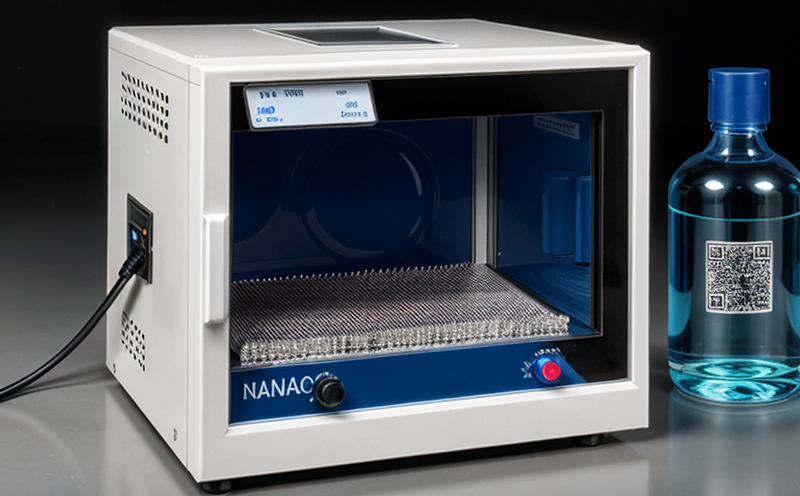BS EN ISO 19007 Cytotoxicity Testing of Nanomaterials
In the realm of nanotechnology, where the properties and potential applications of materials at a microscopic scale are vast and varied, ensuring that these nanomaterials do not pose an adverse health effect is paramount. The British Standard EN ISO 19007 provides a standardized method for cytotoxicity testing specifically tailored to evaluate the potential harmful effects of nanomaterials on cells in vitro.
This service plays a crucial role in the quality management and compliance processes, especially for sectors such as pharmaceuticals, cosmetics, environmental science, and advanced materials. Ensuring that nanoformulations used in these industries are safe is not only a regulatory requirement but also a safeguard against potential health risks to consumers and workers.
The testing procedure involves exposing cells to nanomaterial samples under controlled conditions and observing the extent of cellular damage or death over time. This method helps in assessing whether the nanomaterials could potentially harm human or animal cells, thereby guiding product development and ensuring regulatory compliance.
The standard specifies a range of parameters including dose-response relationships, types of cells used for testing (e.g., human lung epithelial cells), exposure durations, and endpoints to measure cytotoxic effects. It is critical to adhere strictly to these protocols to ensure the reliability and reproducibility of the results.
The application of this standard extends beyond mere compliance; it also facilitates innovation by providing a robust framework for researchers and developers to understand and mitigate potential risks associated with nanomaterials. This standardized approach helps in building trust among stakeholders, ensuring that products are safe for intended use.
For quality managers and compliance officers, this service ensures that their organizations meet the stringent requirements set forth by international standards. For R&D engineers, it provides a reliable method to evaluate the safety of new formulations early in the development process. The testing also supports procurement teams in identifying suppliers who adhere to high-quality standards for their raw materials.
The following sections will delve deeper into the applied standards, benefits, and recognition that this service offers within the industry.
Applied Standards
| Standard | Description |
|---|---|
| BS EN ISO 19007:2018 | Specification for cytotoxicity testing of nanomaterials. |
| ASTM E2583-16 | Standard guide for selection and use of in vitro methods for evaluation of toxicity to human cells of nanomaterials. |
| IEC 62099-1:2017 | Specification for the general requirements for nanomaterials used in electrical/electronic products. |
The service adheres to these internationally recognized standards, ensuring consistency and reliability in testing. These standards are crucial as they provide a common language and methodology that can be understood and followed globally, enhancing the comparability of results across different laboratories and jurisdictions.
Benefits
- Enhanced product safety for consumers and workers.
- Compliance with international regulatory requirements.
- Facilitation of innovation by providing a reliable testing method.
- Building trust among stakeholders through consistent testing protocols.
- Identification of potential risks early in the development process.
The benefits extend to various sectors, including pharmaceuticals, cosmetics, environmental science, and advanced materials. By ensuring that nanomaterials are safe for use, this service contributes significantly to public health and regulatory compliance.
International Acceptance and Recognition
The BS EN ISO 19007 standard is widely recognized and accepted by regulatory bodies around the world. Its adoption ensures that testing results are valid, reliable, and comparable across different regions. This acceptance fosters international collaboration and facilitates trade in nanotechnological products.
Many leading pharmaceutical companies, consumer goods manufacturers, and research institutions have incorporated this standard into their quality management systems. By doing so, they demonstrate their commitment to producing safe and effective products that meet the highest global standards.
The widespread acceptance of BS EN ISO 19007 reflects its importance in the nanotechnology industry. It is a testament to the trust placed in this standardized method by professionals and organizations worldwide.





